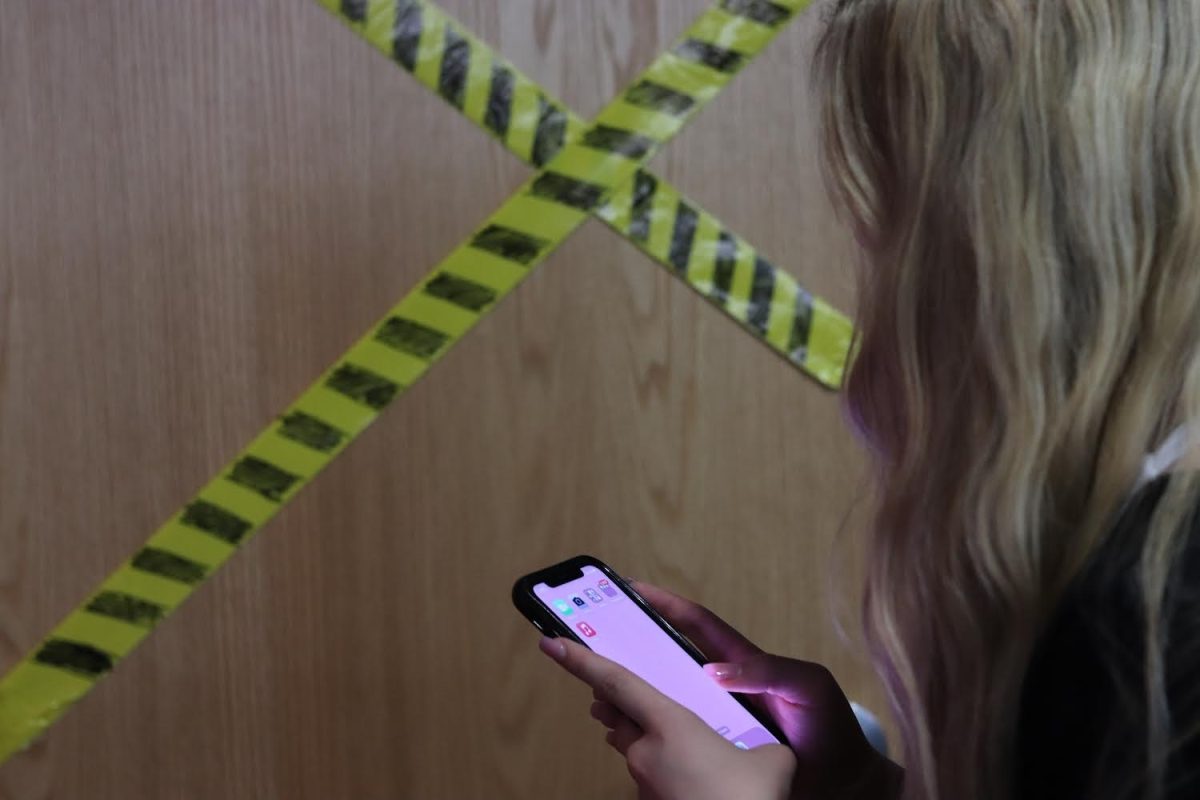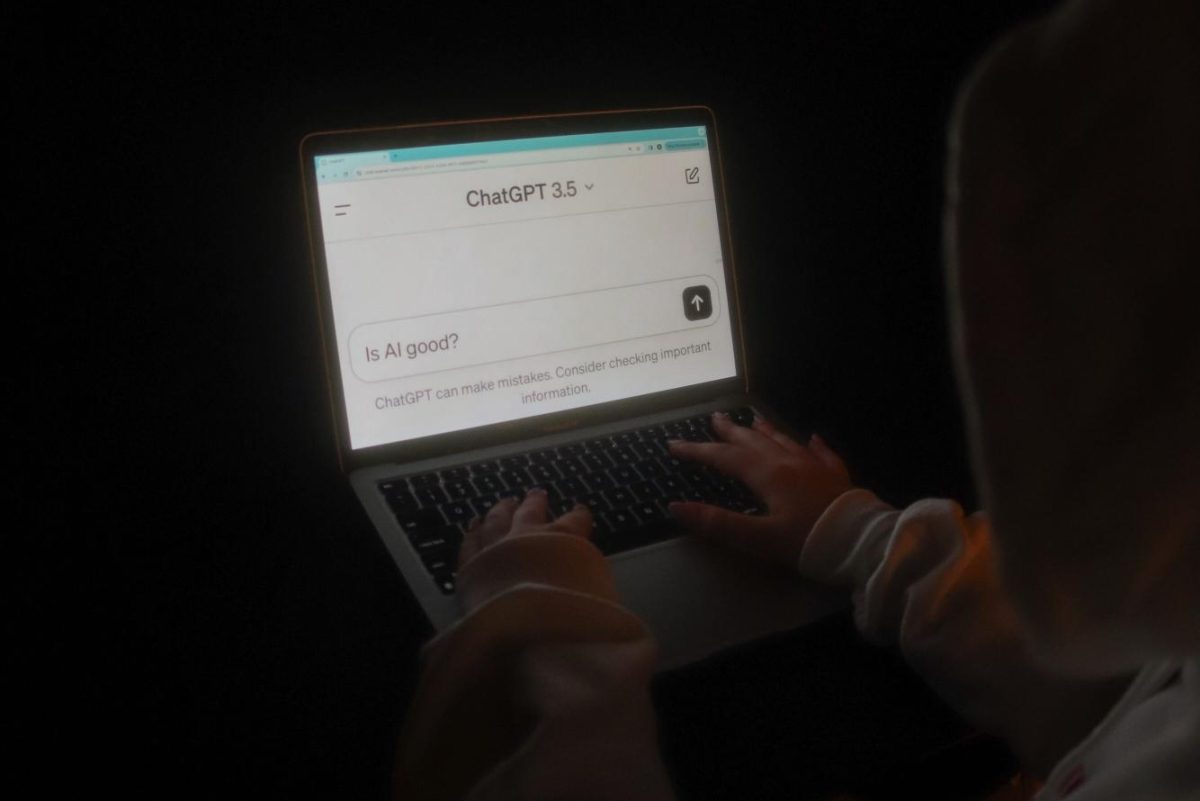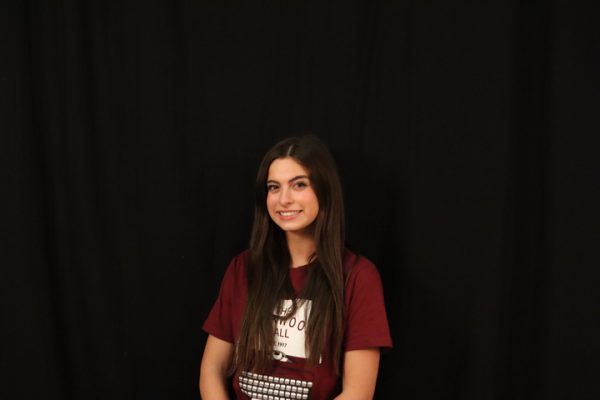Within five minutes of watching Instagram reels, it is almost guaranteed you will see at least ten short clips of car crashes, shootings and other violent events (trust us, we checked). Here, a three car pileup is transformed to a 15-second clip. A grandma falling down the stairs becomes a meme, and a video of a shooter is compared to some of the best video games. According to the AAFP, the average American youth sees over 200,000 violent acts by the time they turn 18. Being exposed to such violence in the media makes it easy to see how quickly we have become desensitized to brutality. Even away from our devices, we’re frequently reminded of potential violence in school through lockdowns that train us how to behave in a potential school shooting.
KSD has four mandatory scheduled drills per school year using the A.L.I.C.E. system, which stands for Alert, Lockdown, Inform, Counter and Evacuate. KSD students are put through a school shooting simulation 48 times throughout their educational career. Though the practice is intended to create an environment where students are familiar with safety procedures, kindergarteners and high schoolers alike are shown how easily violent events such as a school shooting can become a well-rehearsed procedure.
But this doesn’t take away the importance of our practices. According to U.S. News & World Report, last year, there were nearly 350 school shootings in the U.S., causing 1,073 people to be wounded or killed. Outside of school, students are exposed to more violence other than school shootings. Movies, social media, video games and music today include more violence and derogatory content than ever before, according to the National Library of Medicine (NLM). The NLM also said Generation Z (late 1990’s to early 2010’s) has grown up watching more brutality than any other generation.
TKC staff decided Gen Z is desensitized to violence, with 90% (55/61) of staffers being in agreement. Despite Gen Z being severely desensitized to violence in the media, a majority of Gen Z is not desensitized to violence when it is in happening front of us. For example, watching car crashes on Instagram reels or playing one out on Grand Theft Auto 5 may not raise a reaction from us, but watching someone crash into four cars back to back in the Essex parking lot is an extremely different situation. Still, incidents like this, and the whole “finger-mishap” two years ago were brushed aside and turned into a joke.
Accodring to the American Psychological Association (APA), the effects of viewing violence on television and in video games can cause desensitization to violence in developing children. Furthermore, psychologist Shana Norton said when kids are exposed to violence at such a young age, it can harm their perspective on brutality in the future.
In comparison to children who spend their childhood watching non-stimulating movies and children who frequently play violent video games, those who spent longer playing violent video games are less sensitive to violence according to the National Institutes of Health (NIH). This can mean having no reaction at all or simply being less empathetic towards violence.
A study done by the APA found playing violent video games negativeky affects how your brain reacts to violence. The experiment took both habitual and non-habitual violent video game players and took data on how their brain responded to seeing violent, hurtful images. The study found habitual video game players had significantly less of a reaction to the images, whereas the non-habitual players had a more emotional reaction. Unfortunately, this isn’t uncommon. According to the APA, a majority of children who struggle with empathy levels also play violent video games.
At first glance, the statement “Gen Z is desensitized to violence” can be shocking. The idea that an entire generation of people can struggle with having empathetic reactions to violence is hard to fathom. However, Shana Nortan, junior, said this does not come as a surprise to her.
“Gen Z has seen terrorist attacks, war travesties and other violent events [their entire lives and then] go to school each day with the prospect of a school shooting in the back of their minds,” Nortan said. “It would almost be more surprising if [we] weren’t [desensitized].”










